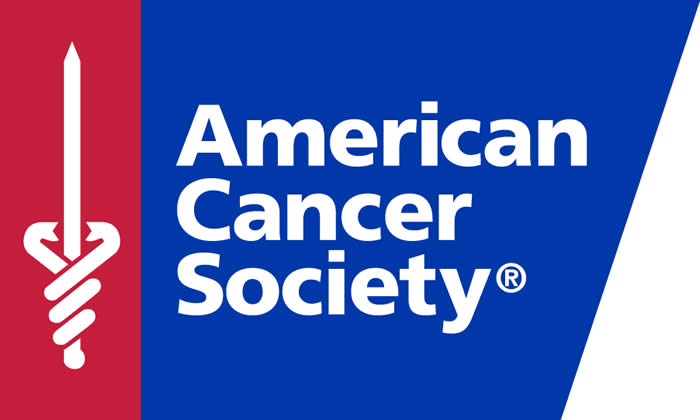Starting the Countdown to the American Cancer Society's 100th Birthday
Vincent T. DeVita, Jr., M.D. is the national volunteer president of the American Cancer Society
In 100 days the American Cancer Society will mark its 100thbirthday. I’ve been fortunate to be involved with the American Cancer Society for more than four decades, and I’m especially pleased to serve as its volunteer president during this milestone year. It is my privilege to start counting down to our centennial by looking back at what has been achieved, and looking ahead to the time when we will finish the fight.
By examining how far we have come in a century, we understand how much more progress we can make. I believe the future of the cancer fight holds nearly limitless possibility. You may, too, when you realize how much progress we’ve made.
When the American Cancer Society was founded in 1913, cancer was nearly a complete mystery. Champagne and carriage rides to distract from the inevitable were considered “treatment” options. The prevailing feeling was that there were few, if any, medical options. Indeed, for the entire first half of the 20th century, surgery was really the only option, and only a minority of cancer patients could be cured by surgery alone. In the years that followed, the Society played a critical role in so many advances that allowed us to begin to truly understand cancer and to define the parameters of our effort to beat it.
To take stock of our progress, the 5-year relative survival rate for all cancers was 38 percent in the late 1960s. It is now 68 percent, and projections indicate it will rise to 80 percent by 2015. By wide margins, more people now survive cancer long-term. That’s truly incredible. What’s even more exciting is that most of the current declines we’re seeing in cancer incidence and mortality are the result of the widespread implementation of established technology for diagnosis, prevention, and treatment. We have hardly begun to see the biggest payoff – the clinical application of the extraordinary molecular revolution the National Cancer Act initiated in the 1970s. Research initiated years ago can and will help accelerate our progress.
The Society’s research program, founded in 1946, has funded more than $3.8 billion in cancer research and supported 46 scientists who would go on to win the Nobel Prize. Just a few examples of the impact the program has had read like a transcript of the major events in cancer history. With even more substantive support from key benefactors, we could see the Society’s research become even more expansive and generous, as I know this will lead to even greater progress sooner. Part of doing all we can to finish the fight means leaving no promising research study unfunded. We simply can’t leave lives on the table when the next study might offer groundbreaking clues to this disease.
But no matter how successful we become at treating cancer, prevention remains essential. The Society has contributed to or led several major pathways to success with prevention. We have learned so much about what can cause cancer, which has allowed us to take steps to reduce risk.
Read more about some of our key advances.

